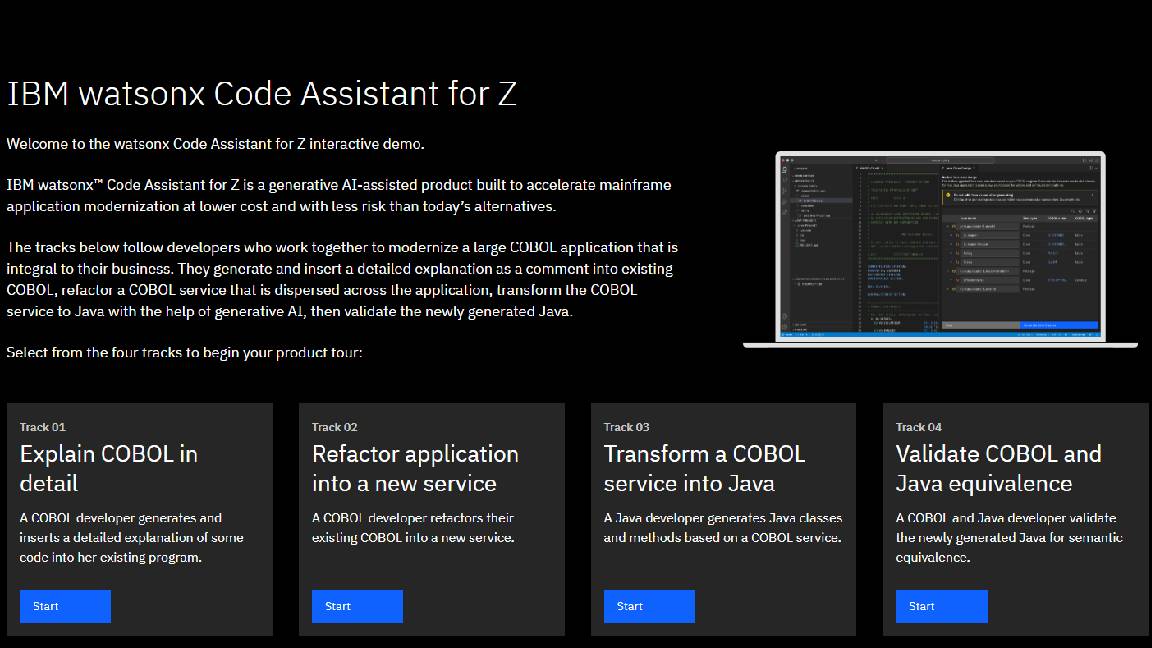NHS leaders are keen to adopt new digital tools, but IT can't solve problems on its own
A survey of healthcare decision-makers finds they believe IoT devices and electronic health recording could help them reach more patients quicker


Sign up today and you will receive a free copy of our Future Focus 2025 report - the leading guidance on AI, cybersecurity and other IT challenges as per 700+ senior executives
You are now subscribed
Your newsletter sign-up was successful
NHS staff are eager to adopt new technology, saying it could help them treat millions more patients per year.
A survey from Virgin Media O2 Business of 1,000 senior decision-makers in public healthcare across the UK found that three in five believe new digital tools could help the NHS to reach 3 to 5% more patients – potentially benefiting at least 51,000 more people every day.
According to the report, nearly nine out of ten believe that digital technologies such as electronic health recording and Internet of Things (IoT) devices for monitoring vital medicine could significantly reduce the workload of frontline staff and decrease patient waiting times.
The report notes that the introduction of Integrated Care Systems across England in 2022 has already led to progress, with 98% of respondents acknowledging it has positively influenced hospital technology adoption in their local area.
"The introduction of integrated patient care has already had a positive impact on digital progress across the NHS," said Mark Burton, health and social care lead at Virgin Media O2 Business.
"However, our findings demonstrate there is still a huge untapped opportunity to use technology to drive operational efficiencies for patients and staff across the UK."
The report did find, however, that the variety of NHS structures across the UK has brought about a regional divide in terms of levels of digital maturity.
Sign up today and you will receive a free copy of our Future Focus 2025 report - the leading guidance on AI, cybersecurity and other IT challenges as per 700+ senior executives
For example, more than four-fifths of surveyed staff in London, Belfast and Edinburgh agreed current connectivity solutions effectively support efficient patient care, while this number drops to 65% of staff in the South East, South West and Yorkshire and the Humber.
"As the NHS becomes increasingly digital, prioritising digital skills and confidence for staff, fostering open communication and adopting a strategic approach to technology investment will be critical to continued progress," said Burton.
"Public-private partnerships can help here, playing a significant role in delivering robust connectivity for an NHS that is ready for anything."
A report earlier this year from the Health Foundation charity found that the technologies most likely to save staff time were AI-based clinical documentation tools and software for analysis of images.
RELATED WHITEPAPER

However, it warned, productivity gains will come not just from technology itself but from how well it is used.
"We found the biggest barriers staff face in using technologies effectively in their work include underlying IT and digital infrastructure and capability, as well as challenges with implementation and usage," wrote the researchers.
"Specifically, we identified considerable frustrations about the lack of IT support, lack of funding to implement new technologies and poor-quality connectivity and equipment."
Among the technology-related plans in Labour’s 2024 manifesto, the party pledged to transform the NHS app, making it easier for patients to manage their medicine, appointments and health needs; it's also said it plans to digitise the NHS 'red book' used by parents for their children’s medical records.
Emma Woollacott is a freelance journalist writing for publications including the BBC, Private Eye, Forbes, Raconteur and specialist technology titles.
-
 How the rise of the AI ‘agent boss’ is reshaping accountability in IT
How the rise of the AI ‘agent boss’ is reshaping accountability in ITIn-depth As IT companies deploy more autonomous AI tools and agents, the task of managing them is becoming more concentrated and throwing role responsibilities into doubt
-
 Hackers are pouncing on enterprise weak spots as AI expands attack surfaces
Hackers are pouncing on enterprise weak spots as AI expands attack surfacesNews Potent new malware strains, faster attack times, and the rise of shadow AI are causing havoc
-
 MoD and Oracle forge closer ties as IT modernization accelerates
MoD and Oracle forge closer ties as IT modernization acceleratesNews The UK’s defence ministry will move legacy systems to Oracle Cloud Infrastructure as part of the expanded agreement
-
 Government CIOs prepare for big funding boosts as AI takes hold in the public sector
Government CIOs prepare for big funding boosts as AI takes hold in the public sectorNews Public sector IT leaders need to be mindful of falling into the AI hype trap
-
 Most in-house IT builds are doomed to fail – here’s why
Most in-house IT builds are doomed to fail – here’s whyNews New research indicates that DIY projects are a false economy
-
 Heavy workloads and botched digital initiatives are causing ‘transformation fatigue’ – and enterprises risk losing top talent if they don’t change their ways
Heavy workloads and botched digital initiatives are causing ‘transformation fatigue’ – and enterprises risk losing top talent if they don’t change their waysNews Digital transformation “fatigue” is becoming a real problem as enterprises look to modernize at rapid pace
-
 UK firms are pouring money into AI, but they won’t see a return on investment unless they address these key issues
UK firms are pouring money into AI, but they won’t see a return on investment unless they address these key issuesNews An SAP report projects increased AI investment, but cautions that too many organizations are taking a fragmented approach
-
 Punishing workers for refusing to use AI is a terrible idea, but these CEOs did it anyway
Punishing workers for refusing to use AI is a terrible idea, but these CEOs did it anywayNews Justifying big money investment in AI projects has reached extreme levels in recent months, with some leaders even sacking employees who refuse to embrace the technology.
-
 Enterprises want to tackle technical debt, but they’re caught in a vicious ‘legacy dependency’ cycle – and it’s costing them customers
Enterprises want to tackle technical debt, but they’re caught in a vicious ‘legacy dependency’ cycle – and it’s costing them customersNews Balancing customer needs with technology demands is causing headaches for IT leaders
-
 The UK government hopes AI will supercharge public sector digital transformation – IT leaders aren’t so sure
The UK government hopes AI will supercharge public sector digital transformation – IT leaders aren’t so sureNews Research from SolarWinds shows public sector transformation is progressing at a snail's pace despite IT leaders pushing for rapid improvements.
